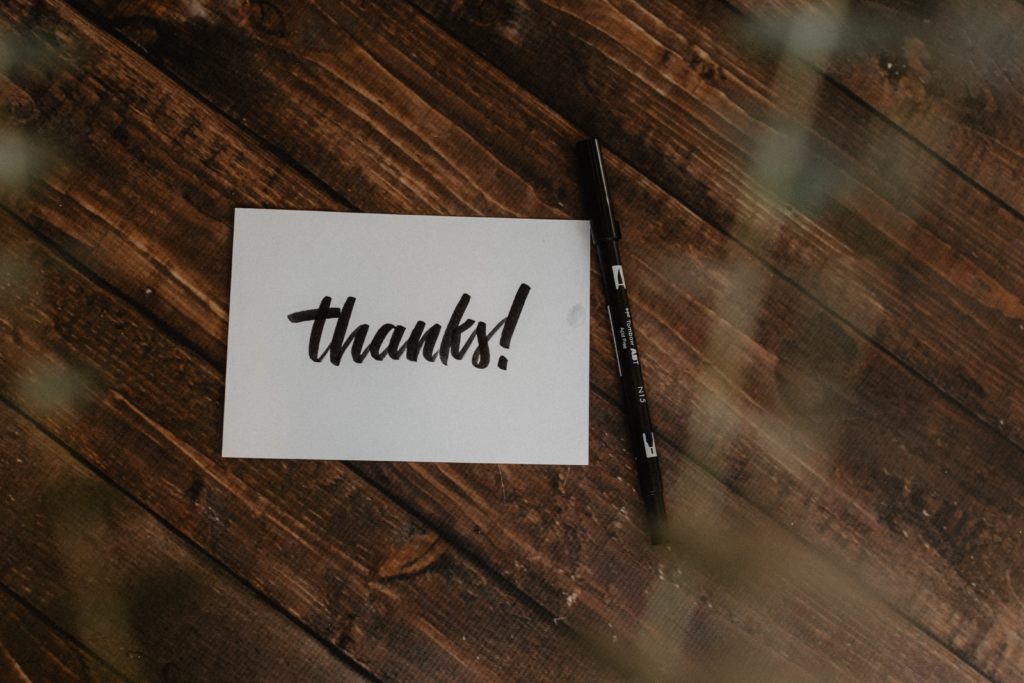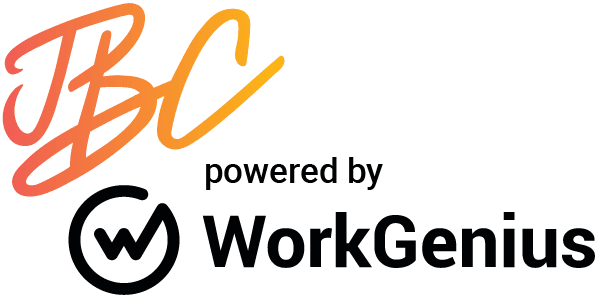
How do you get prepared for your interview? What do you need to know as you sit with your interviewer and how do you follow-up and through on that interview once its complete? Whether you are a newbie grad just starting out or a seasoned vet looking to take the next step in your career, most people seem to go back and forth on these very questions during their interview process. Below are a list of tips, to do’s (and what not to do’s) to help alleviate those nerves and land the job of your dreams.
Before the interview:
- Research the Company: Research the organization you are interviewing with. Learn about their history, current projects and initiatives they are working on along with their accomplishments. Visit their social media platforms, look for articles in the press to gauge the culture of the company and research their employees on LinkedIn. Knowledge of these things should help ease those pre-interview jitters!
- Be Prepared to Ask Questions: Have questions prepared about the job that reflect your sincere interest and build on the research you have done about the company and position. Most people love to talk about themselves so feel free to ask questions about your interviewer, it will do nothing but flatter them.
- Your LinkedIn Profile: Get used to it, LinkedIn has become THE professional mecca (at least for the present day). Unless they are trapped in a total time warp, every employer is going to look you up on LinkedIn. Before you interview with them, make certain that your LinkedIn profile is updated and relevant for the role you’re working on.
- Your Social Presence: While on the topic of LinkedIn profiles, lets make sure to tidy up your complete social presence. Google yourself. If there is a comment or an image on your Facebook, Twitter, Instagram etc. that would make your grandmother need a drink, then fix it. Your career is at stake.
- Dress Accordingly: Decide what to wear to the interview ahead of time and not the morning of. Depending on the industry and position, get out your finest interview clothes and check them over for stains and wrinkles the day before. Even if the company has a casual environment, you don’t want to look disheveled (pull out that iron).
- What to Bring: Have several copies of your resume, as well as a list of at least three professional references with their current contact information. Work samples may be required depending on the type of job (aka your amazing organized portfolio that is relevant to the job your interviewing for).
- What NOT to Bring: Your cell phone, gum, food and drinks are always a no no. Never bring anyone besides yourself to an interview; parents, lovers and babysitters need not attend. My worst interview ever was a ROCKSTAR Designer out of Italy with a passion for luxury handbags. Her “boyfriend” set that interview up because she was flying home to New York at the time. Guess who showed up at my office… THE BOYFRIEND. He sat on the couch and spoke for her. He walked into the screening interview with his “girlfriend” and my recruiter. He was OUT OF HIS MIND and she was the last person we would help after that. Go on your interview alone!
- Practice: It does make perfect, but too much does not make things better. I am a believer that the more you practice (aka over think) the harder this becomes. A quick test run in the mirror or with a friend on certain questions or points is great, but leave it there.
During the interview:
- Nerves, Nerves, Nerves: Don’t be nervous! You are interviewing them as much as they are interviewing you. For you seasoned vets out there, I know its hard to believe, but trust me the interviewer might be just as or even more nervous then you by your impressive pedigree. Take a few deep breaths before the start of the interview, make sure your hand is not sweaty before the introduction shake and think of something that makes you smile. If you come prepared with thoughtful questions, use them as a buffer from time to time.
- Body Language: During the interview be conscious of your body language; sit up straight, shake hands firmly, make eye contact and smile.
- Make Eye Contact: Always make eye contact when answering questions. If you are nervous and your eyes prance about then it may look as if you have difficulty focusing and are uninterested in the role at hand or worse lying.
- Listen: Listen to the questions; do not think ahead or about other things and never interrupt. Always wait until the interviewer finishes his or her thought or question before replying and speaking. When you feel you have answered the question, it is ok to ask the interviewer if that answered their question if you are unsure. Just don’t ask that after every question.
- Smile & Show Enthusiasm: People want to be surrounded by happy, like-minded people so take a deep breath, smile and show off those pearly whites.
- Salary: Be prepared to talk about salary, benefits, and anything in relation, but don’t be the first to bring it up. If this is the first round interview if you bring it up consider it the last round.
- Keep It Simple: The interviewer does not need to know personal details about your life. Keep your answers to the point and focused. Do not get sidetracked or tell the interviewer more than they need to know, and most importantly do not talk poorly about a previous employer.
- Next Steps: It is perfectly acceptable to ask your interviewer what the next steps in the process might be and or what expectations you can have in hearing back about next steps. Just do it professionally and thank the interviewer for their time.
After the interview:
- Say Thank You: Make sure you acquire the business card and or contact information for your interviewer and send a follow up email, personal note, or letter as soon as possible after the meeting. We live in a digital day and age, so if you cannot get a thank you note out in the mail at the post office the day of your interview stick with the Thank you email. People expect instant gratification in today’s day and age. As an employer I don’t expect nor want to wait for a card in the mail. SEND AN EMAIL the same day. In addition to thanking them, reference anything which they said that peaked your interest in the position or company and summarize why you think the job is a match, but keep it SHORT and SWEET!
- Be Proactive and Check In: If you do not hear back after a week or the expected date it is okay to check in and ask how the process is coming along, but remember to not stalk. There is nothing worse then incessantly chasing your interviewer. It is most certainly not going to get you the job.

